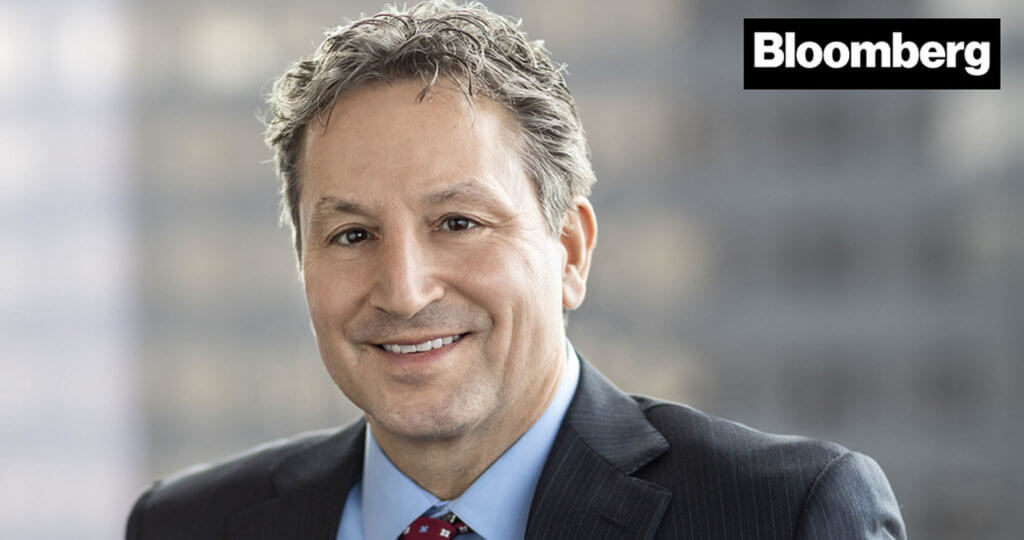Unfortunately, the fourth quarter of 2018 was an acceleration of the negative international equity trends that started in February. Most of our Funds’ invested companies performed satisfactorily in the fourth quarter and 2018 overall. However, despite this performance, they generated large, negative share price movements and underperformed compared to our peers (see individual letters).
Investing vs. Trading
I have often discussed the difference between these two activities in various letters, but this year demonstrates how one group of market participants—the traders—literally swamped the other. Despite relatively strong business fundamentals in 2018 (see the Oakmark Global letter), we saw business values aggressively marked down this past year. In fact, few, if any, major indexes increased in value this year despite the fact that prices of the businesses in which we are invested weren’t terribly overpriced entering 2018, as most of our global and international funds traded at 25-30% discounts to our measurement of their intrinsic values.
As negative political headlines popped up—from trade concerns, to EU political issues, to the continuing Brexit saga—global share prices were battered. As earnings continued to be stable and, in most cases, grow, valuations of businesses continued to fall, actually making them attractive to long-term investors of businesses. Prices of European financials and autos in particular have experienced large price drops despite acceptable earnings (with some exceptions), and as a result, valuations not seen since 2008 are present. For example, both BNP Paribas and Credit Suisse have traded under 75% of their book values and on just 6-7 times their projected earnings. These price drops occurred despite the fact that both companies have greatly improved their capital positions and have earnings that are stable or growing. European auto-related companies have also sold at depressed valuations with share prices being hit in particular as a result of the trade noise and China issues. New European emission testing protocols created havoc as well and impacted short-term results.
Traders have an advantage in this investment climate because they trade on price movement and volatility, which are non-fundamental factors. This is a short-term phenomenon that moves companies’ pricing despite their value. It’s important to remember that historically such advantages are temporary.
Though traders have driven down prices based on headlines, investors have an opportunity to take advantage of these price drops by investing in quality cash flow streams at low prices. As a result of this year’s price sell-off occurring without corresponding declines in earnings, our international portfolios now trade near a 50% discount to our measurement of intrinsic value.
Political Uncertainty and Asset Prices
Geopolitical events have been and will always be part of the investing climate. Elections, trade disputes, wars and other forms of conflict tend to have large impacts on short-term stock prices. And certainly the EU is saddled with a number of meaningful economic issues. However, despite this, what fundamentally impacts value is not macro events, but factors that impact a company’s ability to generate cash and create value for its owners over the long term. As value investors, this is what we study, analyze and price. Although macro events certainly impact prices, they have little, if any, impact on cash flow streams and, thus, business values. As a result, opportunity arises!
We will remain focused on fundamental factors and utilize discipline to take advantage of Mr. Market’s volatility and impatience, despite the fact that this may result in short-term pain and discomfort. We have faced situations like this in the past and, each and every time, have been able to create long-term value for our investors. We remain confident that we will continue to deliver strong long-term results, especially given where valuations are today.
Happy 2019 to all of our shareholders, and thank you for your patience and confidence in 2018.
The securities mentioned above comprise the following percentages of the Oakmark International Fund’s total net assets as of 12/31/18: BNP Paribas SA 4.0% and Credit Suisse Group 3.5%. Neither security was held in the Oakmark International Small Cap Fund as 12/31/18. Portfolio holdings are subject to change without notice and are not intended as recommendations of individual stocks.
Access the full list of holdings for the Oakmark International Fund as of the most recent quarter-end.
Access the full list of holdings for the Oakmark International Small Cap Fund as of the most recent quarter-end.
The Oakmark International and Oakmark International Small Cap Funds’ portfolio tends to be invested in a relatively small number of stocks. As a result, the appreciation or depreciation of any one security held by the Fund will have a greater impact on the Funds’ net asset value than it would if the Fund invested in a larger number of securities. Although that strategy has the potential to generate attractive returns over time, it also increases the Funds’ volatility.
The stocks of smaller companies often involve more risk than the stocks of larger companies. Stocks of small companies tend to be more volatile and have a smaller public market than stocks of larger companies. Small companies may have a shorter history of operations than larger companies, may not have as great an ability to raise additional capital and may have a less diversified product line, making them more susceptible to market pressure.
Investing in foreign securities presents risks that in some ways may be greater than U.S. investments. Those risks include: currency fluctuation; different regulation, accounting standards, trading practices and levels of available information; generally higher transaction costs; and political risks.
The discussion of the Funds’ investments and investment strategy (including current investment themes, the portfolio managers’ research and investment process, and portfolio characteristics) represents the Funds’ investments and the views of the portfolio managers and Harris Associates L.P., the Funds’ investment adviser, at the time of this letter, and are subject to change without notice.
All information provided is as of 12/31/2018 unless otherwise specified.






